Where would modern cinema be without Martin Scorsese? From Taxi Driver to The Departed, The Age of Innocence to The Irishman, the native New Yorker has carved out a reputation as darkly idiosyncratic, violently thrilling, and one of the greatest filmmakers ever.
His collaborations with the likes of Robert De Niro and Leonardo DiCaprio have produced some of the most surprising and exhilarating films ever made, and after half a century of brilliant and unpredictable work, he’s still going, aged 82.
This month, a new five-part documentary, Mr Scorsese, premieres on Apple TV+, featuring the man himself and all his creative collaborators. Directed by Rebecca Miller, it offers compelling insight into the man – and the movies. Here’s my pick of seven of his best.
The Wolf of Wall Street (2013)
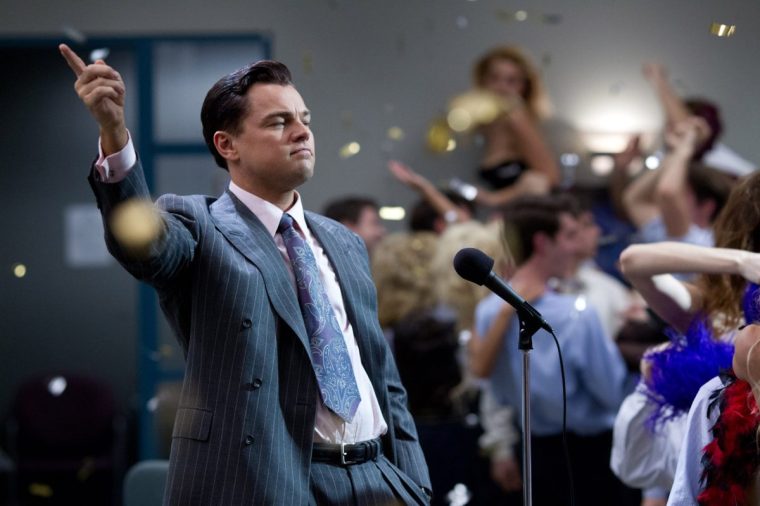
For better or worse, we all know who Jordan Belfort is. One of Leonardo DiCaprio’s finest – and most obnoxious – performances arrived in the form of this (real) white collar fraudster who tested the limits of the old “greed is good” aspiration with his crude exploitation of clients.
Scorsese’s epic, harrowing, venal depiction of Belfort’s rise and fall – not to mention his introduction of Margot Robbie to the big screen playing Belfort’s second wife, Naomi – is as hilarious as it is shocking, from the infamous Quaaludes scene to an aeroplane orgy. A film that seems to pre-figure the Trump era in its cheap and mindless immorality, it’s a modern masterpiece that only gets better – in the scariest possible way – as time goes on.
Stream on BBC iPlayer or Netflix
After Hours (1985)
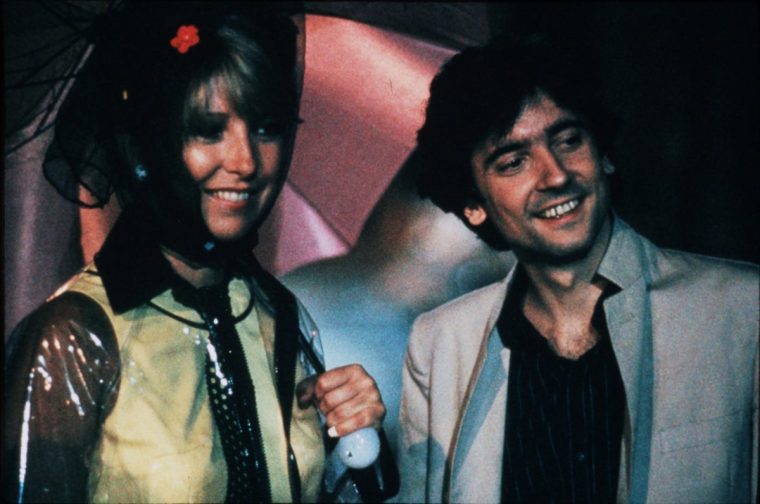
Hard as it is to imagine now, Martin Scorsese was not always the revered and respected toast of Hollywood. He had a fallow commercial and critical period in the 1980s, even while consistently making what are now widely reclaimed and beloved films. Made at a difficult moment in Scorsese’s career, in between divorce and mental health struggle, his film starring Griffin Dunne as an utterly hapless young man who is led on a surreal nocturnal wild goose chase through a dangerous downtown New York remains one of his most distinctive.
As this 80s yuppie continually falls into honeytraps – chasing a series of sexy, artistic downtown women with ulterior motives (a fantastic young Roseanna Arquette chief among them) – Scorsese slices through the confusion and resentment of his time, making a mordant, vicious black comedy that feels like a waking nightmare – if that nightmare was sort of funny.
Rent on Prime Video
Killers of the Flower Moon (2023)
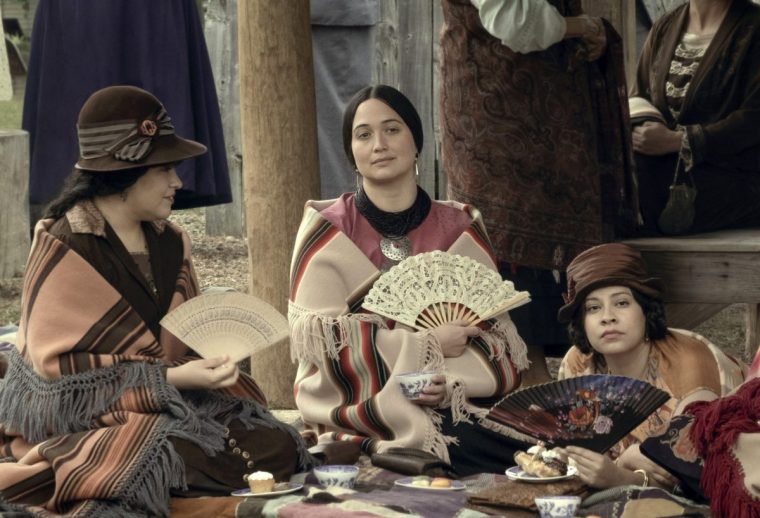
On the face of it, you might not immediately connect Scorsese with this historical true crime tale about a conspiracy to exploit – and murder – Native American people. But Scorsese is fascinated by the dark, violent sides of human nature, and of masculine American ambition that turns sour. David Grann’s book, on which the film is based, is an investigation into the mysterious and disturbing murders of wealthy Osage people in Oklahoma in the 1920s; Scorsese focuses, unblinkingly and horrifyingly, on the men responsible for these murders.
Featuring a transcendent performance from Lily Gladstone as the Osage woman who bears the unthinkable pain of losing her entire family to the scheming violence of her own husband (Leonardo DiCaprio), this late-career work on the nature of evil – and the chilling lack of accountability or justice for what amounts to genocide – is amazing to behold.
Rent on Prime Video or stream on Apple TV+
Taxi Driver (1976)
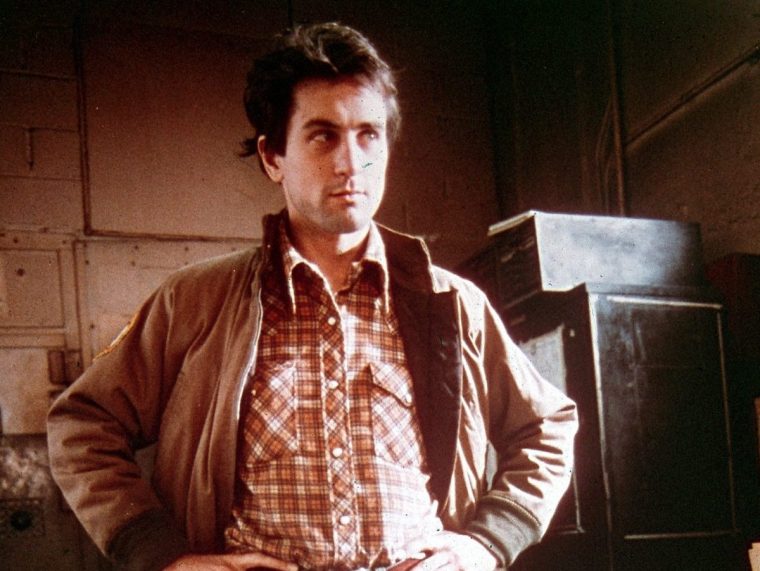
Few films capture the miasma, mood, and attitudes of their time and place in the way that Taxi Driver did on its release in 1976. In a dirty, crime-ridden New York, crawling with maladjusted Vietnam vets like Travis Bickle, Paul Schrader’s screenplay captured something unpleasant and true about the vigilante mindset when he wrote the story of an insomniac cabbie who grows obsessed with a young woman (Cybill Shepherd) he sees on the street one day.
A man in search of a mission, he veers between considering assassination of a senator to murdering a local pimp; all he knows is he must strike out against a world he feels is spiralling out of control. Prophetic in its look at the “incel” male and gun violence, it remains as troubling and hypnotic as it was on day of release.
Rent on Prime Video or stream on Now TV with Sky Cinema
Raging Bull (1980)
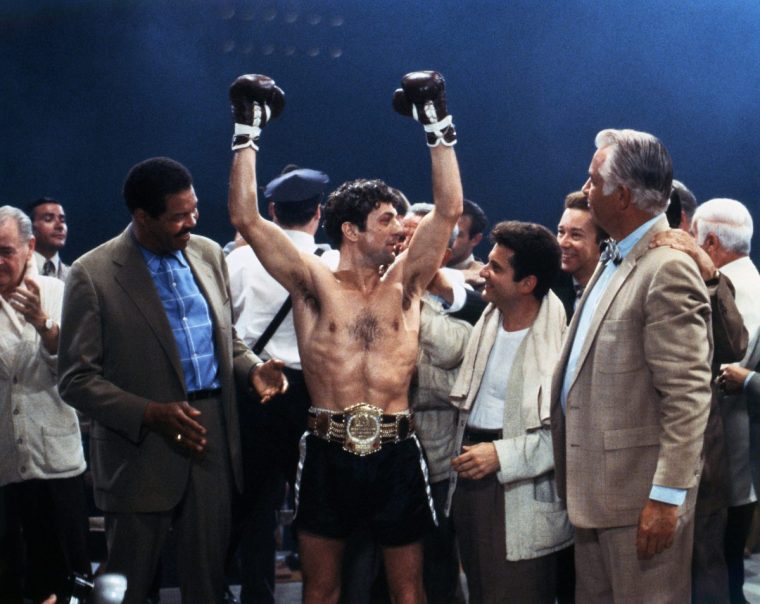
From the haunting Mascagni score and slow-motion shadowboxing to the expressionistic, heartbreakingly beautiful black and white – and that’s before you get to the performances of wounded, animalistic machismo gone wrong from Robert De Niro and Joe Pesci – Raging Bull is nothing short of a masterpiece.
Based on the real-life story of 1940s middleweight champion boxer Jake La Motta – an Italian-American hero with a paranoid, jealous, violent mind in spite of his athletic success – Raging Bull proved Scorsese was unafraid to take on the most unlikeable of unlikeable characters, showing how the violence inside the ring pales in comparison to the violence outside of it.
A story of lacerating self-destruction and male ego, it is one of the most powerful and tragic explorations of violent masculinity ever made. De Niro, quite rightly, took home an Academy Award for his performance.
Stream on Prime Video
Goodfellas (1990)
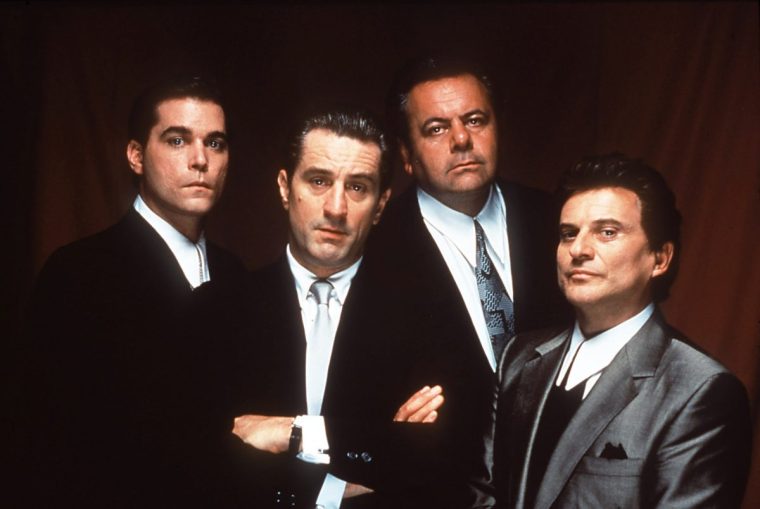
There are lofty “great” movies, there are thrilling-to-watch ones, and there are ones that shift the paradigm and influence generations of movies to come. Scorsese’s mafia epic Goodfellas, starting the inimitable Ray Liotta as low-level shark Henry Hill, happens to be all of the above.
With its bravura film-making – wall-to-wall 60s soundtrack, dazzling tracking shots, and never-a-dull-moment exhilaration – it charts the rise and fall of Hill and his violent compatriots, offering a glimpse into the attraction and repulsion of a life outside the law.
Charting the greed, glamour, and complex codes of behaviour of the mafia, Scorsese’s adaptation of Nicolas Pileggi’s nonfiction book Wise Guys holds onto the compelling, blackly funny voiceover – including from Lorraine Bracco’s unforgettable mob wife Karen. Crime movies changed forever when Goodfellas emerged. I have seen it more times than anyone has cause to
see a movie, and it’s just as perfect on each rewatch.
Stream on Prime Video
Mean Streets (1973)
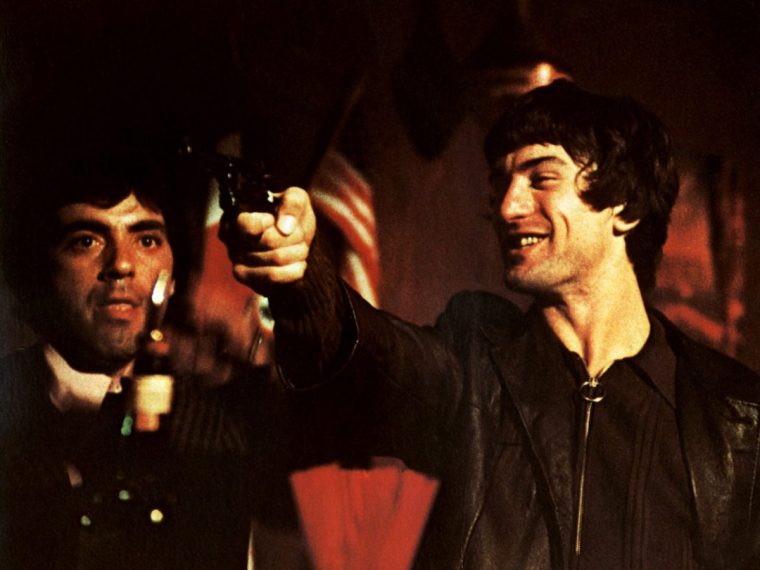
I was lucky enough to be included in the list of voters/critics who took part in Sight & Sound magazine’s once-per-decade poll on the “Greatest Films of All Time”. With this near impossible task of submitting 10 choices from across movie history – and the equally impossible task of choosing only one of Martin Scorsese’s films – I went for this.
You may disagree with me; it’s messier, rougher, cheaper, less “perfect” than many of Scorsese’s other films. But his career-defining early gangster flick, starring a young, volatile, searingly charismatic Robert De Niro as leather-jacketed psycho Johnny Boy, brings together all my favourite things about Scorsese as an artist.
I love its funny, garrulous authenticity, its street-level criminality, its spiritual interest in its guilty Catholic protagonist Harvey Keitel, and its unforgettable, chaotic depiction of Lower East Side pool halls and dive bars. It’s a shot in the arm even by 70s American cinema standards.
Stream on Prime Video
